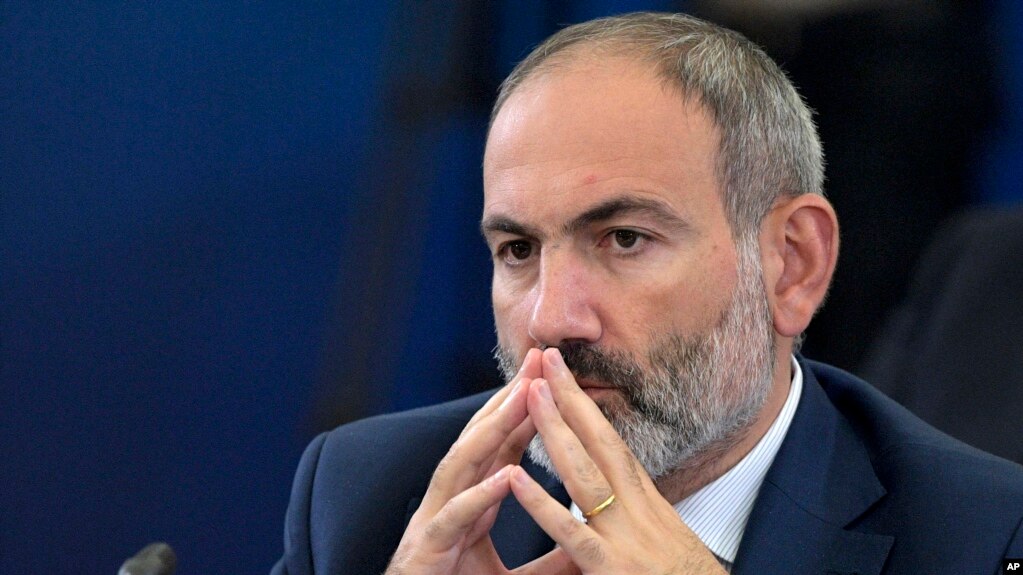
As Russia reportedly aims to capture all of Ukraine’s contested Donbas region by the end of the year, the West is developing various strategies on how to help Kyiv. The longer the war continues, the more likely some NATO members will eventually deploy troops to the Eastern European country. A fair question is: will such an outcome lead to a large-scale escalation of the Ukraine war?
By Nikola Mikovic
In addition, a NATO troop deployment could lead to a direct military confrontation between Russia and NATO. Two years after Russia launched the full-scale invasion of Ukraine, most Western countries remain determined to continue supporting the war-torn nation.
Western countries aim to avoid a direct military confrontation with Russia. This means that, at this stage, they are not particularly interested in sending their troops to fight against Russian forces in Ukraine. A status quo that could change in the foreseeable future.
The United States and its allies seem to raise the stakes gradually. In the first few months of 2022, Kyiv’s Western partners did not hurry to provide the Ukrainian Armed Forces with sophisticated long-range missile systems. Instead, Ukraine got anti-tank weapons, as well as old Soviet-made weapons from Eastern European countries that joined NATO over the past 30 years.
In 2023, Ukraine started getting Western-made tanks, air-defense systems, as well as missiles that can reach Russian territory. This year, Kyiv is expected to get F-16 jets and possibly also the longer-range version of the Army Tactical Missile Systems, known as ATACMS.
Meanwhile, countries such as Germany and Turkey have openly announced their plans to start building ammunition and drone plants in Ukraine. The Kremlin, over the past two years, did nothing to prevent Kyiv from receiving Western-made weapons. Moscow will likely turn a blind eye to German and Turkish actions.
Thus, policymakers in the West do not seem to fear a potential Russian retaliation if they continue arming Ukraine and building military facilities there. More importantly, they are reportedly openly discussing their ambitions to help Ukraine destroy the Crimean Bridge. This move would represent a huge humiliation for the Russian Armed Forces, as well as for the country’s political leadership.
Also, the fact that Ukraine is looking to acquire more long-range missiles to strike deep into Russian-occupied territory suggests that, sooner or later, its military will start hitting targets in Moscow, as well as in other Russian cities.
In other words, both Ukraine and the West are pretty aware that Russia does not have any “red lines,” which is why some Western leaders have started hinting that they might even deploy troops to Ukraine. Russian President Vladimir Putin said that such a move could lead to a nuclear war and that Russia has weapons that can strike Western countries.
Given that very few policymakers in the West still take Putin seriously, and that his warnings proved to be nothing but empty threats, the Kremlin may turn a blind eye if NATO troops eventually come to Ukraine.
Since the West is taking small steps toward a big goal, it is unlikely to deploy dozens of thousands of soldiers immediately to the war-torn country. Canadian Defense Minister Bill Blair stressed on March 1 that Ottawa is ready to send a limited number of military personnel to Ukraine “only to train Ukrainian troops, provided that operations will take place far from the front line.”
That would be the first step. The West would then wait for Moscow’s reaction.
The Kremlin would have a clear choice – to bomb training grounds aiming to kill as many Canadian and other Western military personnel as possible or not to take any action. Given that Moscow has a history of ignoring NATO military presence in Syria – where Turkish and the US militaries have their own de facto zones of occupation – Moscow will likely decide to implement the same policy in Ukraine.
As a result, NATO will start increasing the number of troops in the Eastern European country, allowing Ukraine to focus on offensive military operations, quite sure that NATO forces are there to protect its rear.
But even if Russian and NATO forces engage in a direct fight on Ukrainian soil, that does not necessarily mean that humanity will be on the edge of World War 3, and the Kremlin will use nuclear weapons and strike Western countries where children and grandchildren of Russian oligarchs and officials live.
Therefore, if Ukraine proves unable to resolve the conflict in its favor by mobilizing an additional 500,000 (or more) soldiers, NATO will likely have to intervene and prevent the fall of the Eastern European country. Given the current war dynamic and the fact that it took two years for the Russian military to achieve a small tactical goal by seizing the town of Avdiivka in the Donbas, we are still far from such developments.






